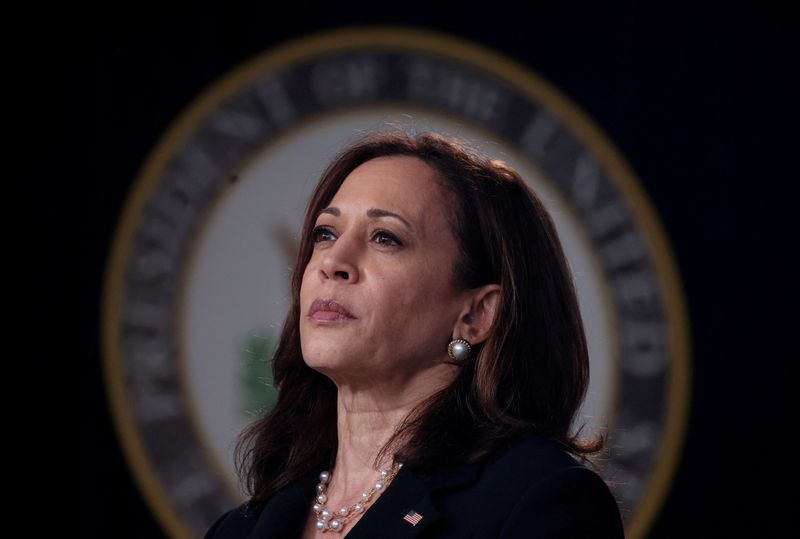As investors contemplate the implications of a potential Harris presidency, Piper Sandler analysts highlight two significant points in their recent note to clients.
Firstly, "Harris ran well to the left of Biden in 2020 and her rhetoric highlighted a hostility to profits," Piper Sandler notes.
The investment firm explains that in her policy stance and rhetoric, she aligns more closely with progressives like Elizabeth Warren and Bernie Sanders than with President Biden.
They add that during her brief tenure in the Senate, Harris established a reputation for her progressive views, having one of the most liberal voting records.
Her 2020 policy platform included numerous far-reaching proposals: reversing the 2017 tax reforms to raise the corporate rate to 35%, imposing a financial transactions tax, a 4% surcharge on incomes over $100,000 to fund Medicare for All, and a significant tax credit known as the LIFT Act.
Additionally, Piper Sandler analysts note that Harris supported a $15 minimum wage, a jobs guarantee program, and the Green New Deal, including banning fossil fuel leases on federal lands.
Piper Sandler also highlights Harris' perspective on profits, noting her belief that "profits raise costs on the backs of American families." She is said to view profits not as incentives for efficiency but as drivers of exploitation.
This viewpoint underpinned her support for policies like Medicare for All and the Green New Deal, aiming to limit corporate profits, especially in the pharmaceutical and insurance industries.
Secondly, Piper Sandler analysts express uncertainty about Harris' governing approach, particularly if she has to negotiate with a Republican-controlled Senate.
They question, "To what degree would she compromise?" Piper Sandler says that while Harris' progressive instincts are clear, her recognition of the political risks her agenda poses suggests she might consider a centrist running mate.
This strategic choice is said to indicate an awareness of the need for balance but leaves open the question of her willingness to compromise to achieve legislative progress. As Piper Sandler explains, recent presidents have struggled with bipartisan compromises, and it remains to be seen how Harris would navigate this challenge.
